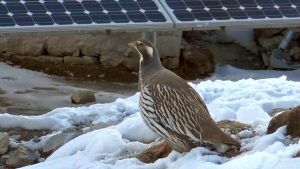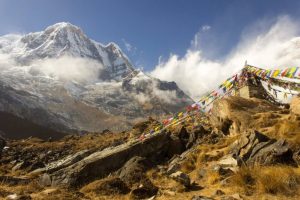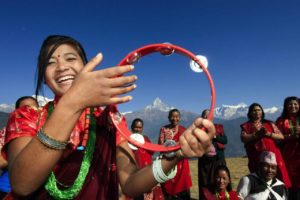Annapurna Conservation Area is the first protected area that has allowed local resident to live within the boundaries as well as own their private property and maintain their traditional rights and access to the use of natural resources. It is also the first protected area, which has refrained from using army assistance to protect the dwindling natural resource base on which the region depends. Instead, it invests whatever financial resources available for community development and social capital building in the region. NTNC receives no regular funding support from the government for the operation of ACAP, but has been granted the right to collect entry fees from visiting trekkers. Revenue received from this is then invested back into the region, its resources and its community. Additional funds are also raised from national and international donors to strengthen conservation and development efforts. This is an exemplary achievement of a Non-Government Institution’s ability to manage a significant portion of the protected area system in Nepal.
In order to manage ACA more effectively, it has been divided into 7 unit conservation offices: Jomsom, Manang and Lo-Manthang in the trans-Himalayan region and Bhujung, Sikles, Ghandruk, and Lwang on the southern flank of the Annapurna range. The focus of Jomsom, Manang and Ghandruk, which are among the most popular trekking destinations, is on integrated tourism management and other development activities that benefit local communities and the environment. Programme priorities in Bhujung, Sikles and Lwang are poverty alleviation and integrated agriculture development and agro-forestry. Similarly, the focus In Upper Mustang, which came under the jurisdiction of ACA in 1992, the focus has been on managing controlled tourism on a sustainable basis, and promoting heritage conservation which is its major tourist attraction.
Source- Annapurna Conservation Area Project (ACAP) | The National Trust for Nature Conservation (NTNC)





Comments (0)
No comments found.